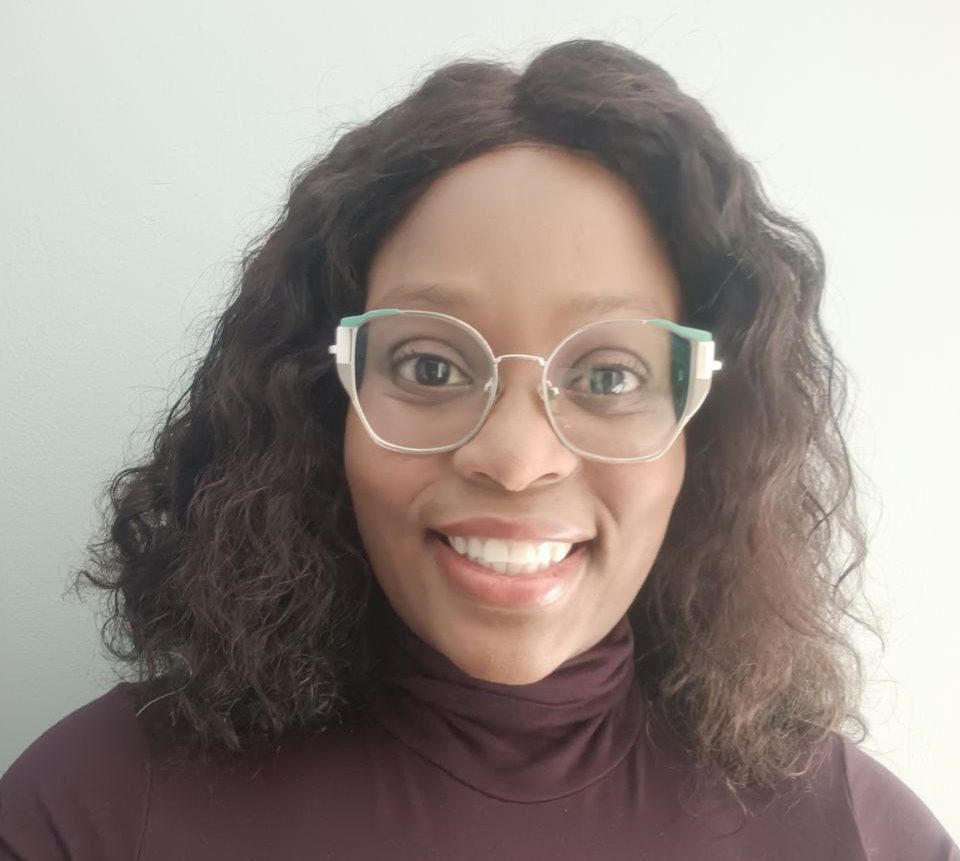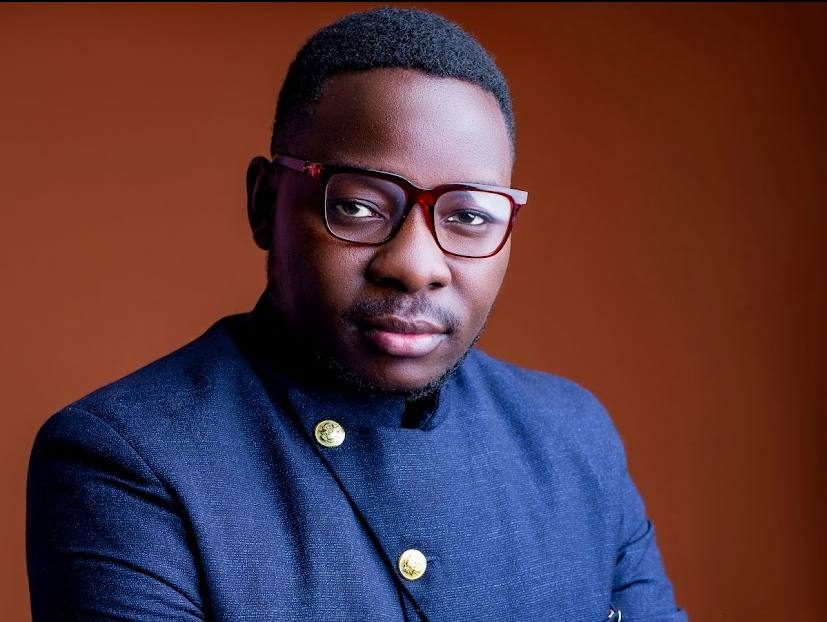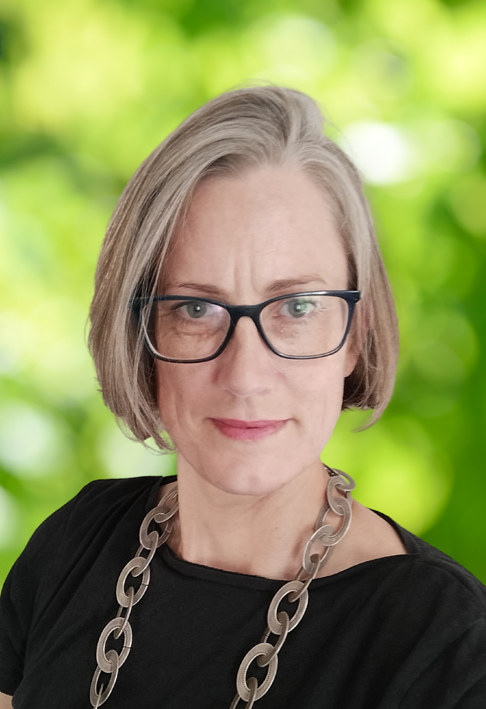Mildred Thabane’s career journey started off in the field of journalism but transitioned to Communications early and honed her skills in media relations, storytelling and understanding audiences. She’s also explored the agency and consultancy sides of Comms where she learned more about creating strategy and crisis management. Today, Mildred supports the South Africa’s G20 presidency with global economic diplomacy at B20 South Africa. Her career story is one that inspires exploration, adventure and offers a glimpse into what it means to make impact in an international capacity.
How did you begin your career in Communications?
I began my career in journalism and publishing, honing the craft of writing, editing, and storytelling at Caxton Local Media and later at Flow Communications. Those early years gave me a strong foundation in media relations, narrative shaping, and understanding how content connects to audience needs.
From there, I expanded into consultancy and agency roles at Burson-Marsteller and Hill+Knowlton Strategies, where I learned to design integrated campaigns, manage crises, and advise blue-chip clients across industries. These experiences sharpened my ability to translate complex issues into impactful narratives.
Over time, I transitioned into leadership and advisory roles — founding my own ventures like Pekuzi Projects, Capacity To Create, and my most recent venture, We Do Comms – an agency built on a deep understanding of human behaviour that crafts communication solutions that are simple, and creative, and drive the meaningful shifts for both audiences and businesses. Currently, I am supporting global economic diplomacy at B20 South Africa.
Today, I bring over 15 years of experience where communications is not just about visibility but about governance, sustainability, and transformation. My growth has been about moving from execution to strategy – from producing content to architecting narratives that shift systems and shape policy conversations.
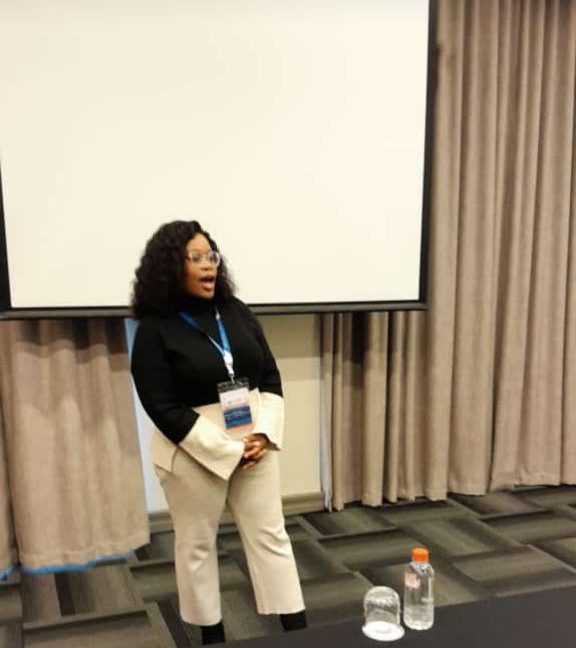
What does your role in Communications and Stakeholder Engagement at B20 South Africa involve?
At B20 South Africa, I’ve been responsible for aligning communications in support of South Africa’s G20 presidency. This has meant ensuring coherence between national priorities, Task Force outputs, and the global business community.
A typical day involves engaging with Sherpas, Task Force Chairs, and business leaders to align on messaging, reviewing public-facing content to safeguard reputational integrity, and developing amplification strategies to ensure South Africa’s impact narrative reaches international platforms.
It’s high-stakes work that requires balancing governance, diplomacy, and storytelling – ensuring every message is not only consistent but advances broader economic and policy objectives.
How were you able to build a successful communications career in international policy and business spaces?
My career success in these spaces comes from combining corporate communications expertise with an ability to navigate complex policy environments. Advising global brands like Visa, Standard Chartered, and BlackRock gave me an understanding of business imperatives, while my work with MultiChoice Group and later B20 South Africa connected me to governance, diplomacy, and multilateral contexts.
I have consistently operated at the intersection of strategy, reputation, and societal impact – ensuring that narratives do more than manage image; they build trust, create value, and influence global conversations. Building a strong network across business, media, and policy has also been instrumental.
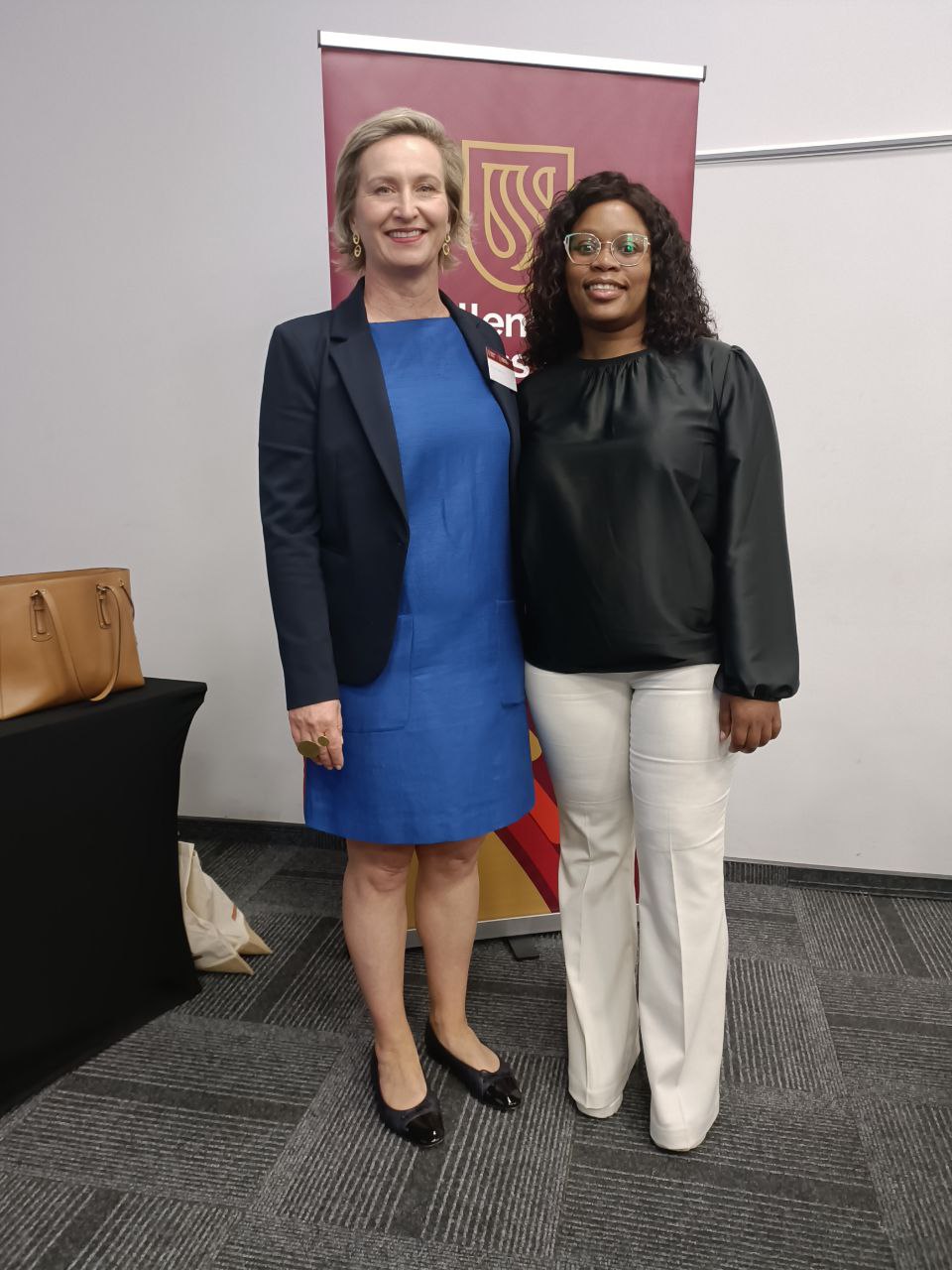
Is there a campaign or moment in your career that you hold close? Tell us about it.
One of the moments I hold closest is leading the launch of the Earthshot Prize competition in Kenya. It was a true cross-continental effort – working with teams in New York, London, South Africa, and Kenya to bring the Prize to Africa for the first time.
What made it so special was that it wasn’t just an event; it became the launchpad for profiling and elevating sustainability entrepreneurs across the continent. We were able to showcase the richness of African ingenuity in addressing climate challenges – from clean energy to waste management to conservation – and connect those solutions to a global stage.
This moment was deeply significant because it tied to a broader theme in my career: positioning Africa as a solutions hub in international policy and business spaces. By giving visibility to entrepreneurs whose innovations were already transforming communities, we not only shifted global perceptions but also opened pathways for investment, partnerships, and recognition.
For me, the Earthshot Prize launch in Kenya reinforced the central belief that has guided my journey – that communications, when strategically aligned with governance and sustainability, can be a lever for influence, inclusion, and meaningful change.
Tell us about some of the unique challenges you’ve faced on your career journey and how you overcame them
One recurring challenge has been navigating credibility in high-stakes environments — whether in corporate boardrooms, multilateral forums, or policy negotiations.
Early in my career, it was about proving myself; later, it was about balancing competing stakeholder interests without diluting the core message. I overcame this by grounding my work in governance and credibility – ensuring every message was principled, not just persuasive.
Another challenge has been ensuring African narratives are represented on global stages. Too often, Africa is spoken about rather than spoken with. I’ve worked to change that by positioning African innovation and voices at the centre of global business and policy conversations.
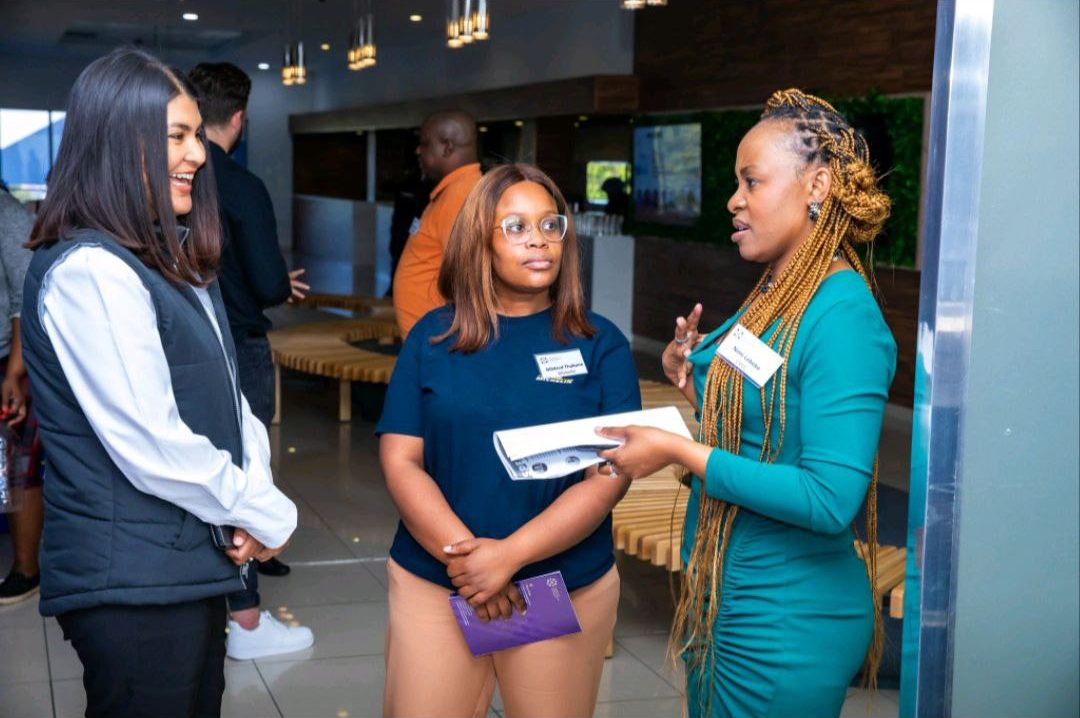
What advice do you have for young African professionals hoping to build successful communications careers?
- Anchor your work in purpose and governance. Communications initiatives that connects to strategy and values endure.
- Build credibility. Deliver consistently, hone your craft, and let your work speak for itself.
- Think global, act African. Understand international contexts, but don’t lose the richness of African narratives as they are our competitive advantage.
- Stay adaptable. The communications field is being reshaped by technology, geopolitics, and culture. Agility and continuous learning will set you apart.
- Find mentors and collaborators. This is a field where relationships matter. Build networks that can challenge and support you.
- Above all, remember that communications is not just about visibility, it’s about influence, inclusion, and impact.

